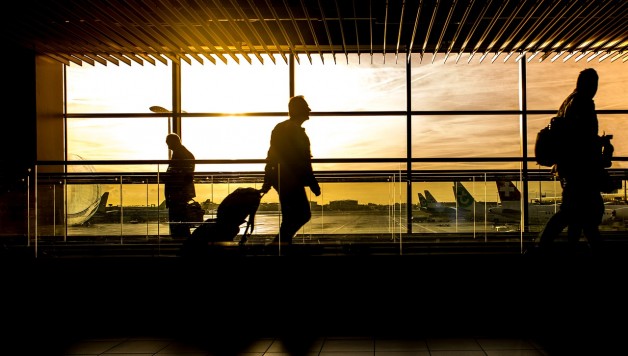How to Overcome Jet Lag on Your Journeys
Most people would agree that travelling is one of the best ways that we can spend our time on this planet. But regardless of whether you’re taking a month-long tour of Asia and Oceania, or are jetting around Europe, you’re going to encounter some pretty nasty jet lag at some point.
What is jet lag?
Jet lag occurs when your body has to adapt to different time zones after a long-haul flight. The symptoms can range from a slight case of feeling tired, to having indigestion and suffering from complete exhaustion.
This is because our body clocks like to work in a fairly routine manner so that we know when to feel hungry and when we need to head to bed. And if you’ve just traveled across the world on a 12-hour flight, then obviously your body is going to take a couple of days to get in sync.
Can you avoid jet lag?
Most of us will have met other travelers who swear by melatonin. This pharmaceutical is thought to help us feel drowsy and fall asleep on long-haul flights so that our bodies automatically adjust to the time zone in our destination.
But for a drug-free alternative, many experienced travelers have also sworn by a method that involves only taking late-night flights and fasting for a large part of the day before.
It’s thought that if you do this, and then eat heartily upon landing in your destination, your body clock will find it less difficult to make the switch. However, there’s plenty of scientific evidence that suggests that it might not be quite so simple to trick our bodies into switching into a different time zone.
Learning to live with jet lag
Despite all of the weird and wonderful methods that people have for avoiding jet lag, it seems that this unpleasant condition is just part of being a modern traveller.
So this is why it’s always good to have somewhere with a decent mattress like the ones you can find at Bedstar in your chosen destination to ensure that you can get plenty of rest when you land.
Other simple tips include trying to avoid fatty foods on the flight that can be difficult to digest, and obviously drinking lots of water is a great way of ensuring that you are not too dehydrated for your arrival.













